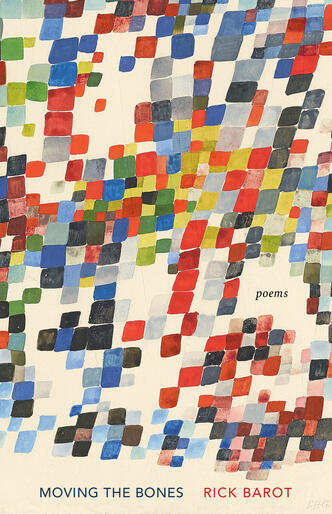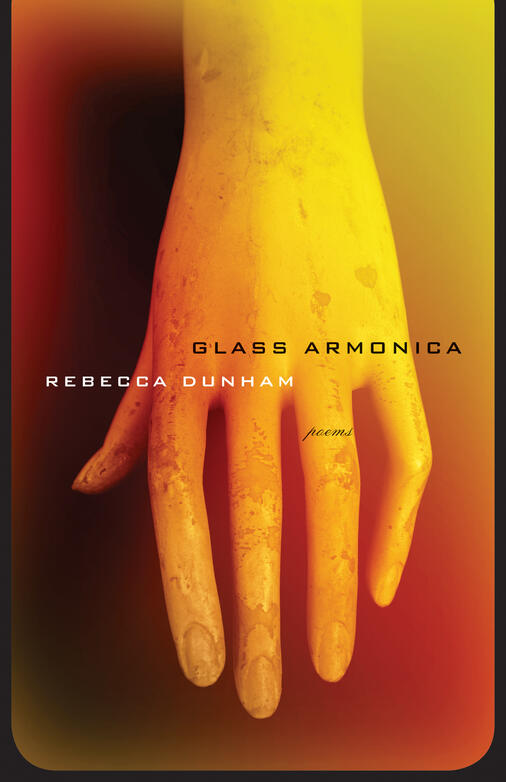
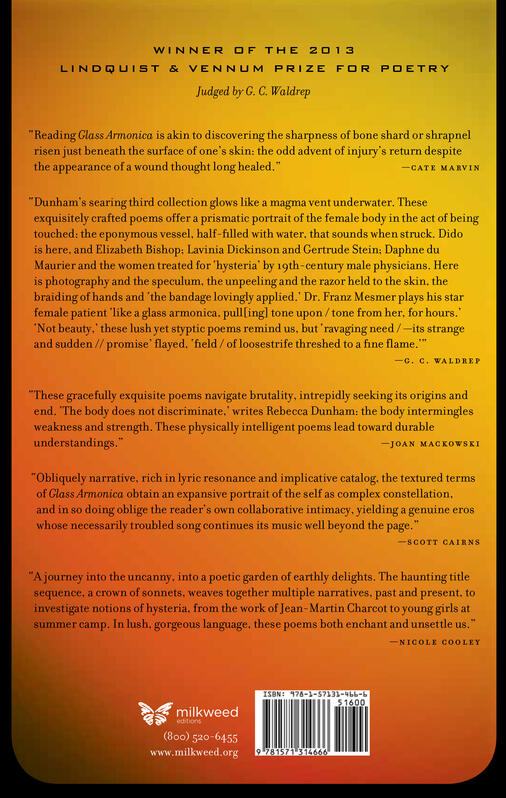
Glass Armonica
The eighteenth-century glass armonica, a musical instrument whose sound emits from rotating, water-filled vessels, has long held the power to mesmerize with its hauntingly sorrowful tones. Just as its song—which was once thought to induce insanity—wraps itself in and around the mind, Rebecca Dunham probes the depths of the human psyche, inhabiting the voices of historical female “hysterics” and inciting in readers a tranquil unease.
These are poems spoken through and for the melancholic, the hysteric, the body dysmorphic—from Mary Glover to Lavinia Dickinson to Freud’s famed patient Dora. And like expert hands placed gently on the armonica’s rotating disks, Dunham offers unsettling depictions of uninvited human contact—of hands laid upon the female body, of touch at times unwanted and ultimately unspeakable from behind the hysteric’s “locked jaws.” Selected by G. C. Waldrep as the winner of the 2013 Lindquist & Vennum Prize for Poetry, Dunham’s stunning third collection is at once beautiful and unnerving.

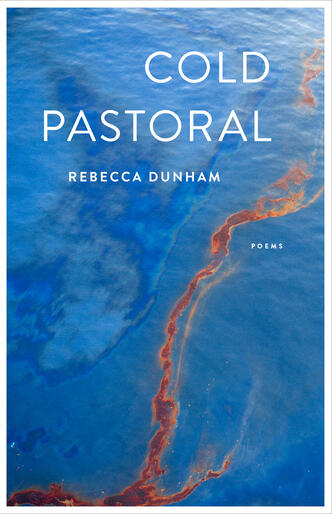

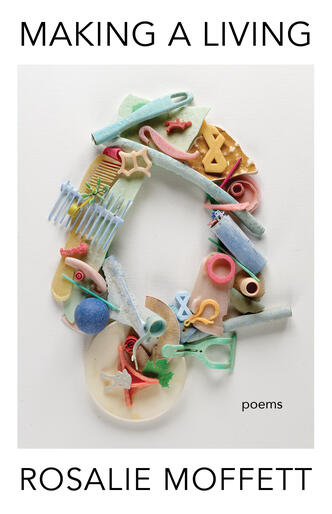
![[...] book cover](/sites/default/files/styles/book_list_cover/public/2024-10/%5B...%5D_NBA_Medallion%20%281%29.jpg?h=c08ebf62&itok=Dbaj25Ek)
